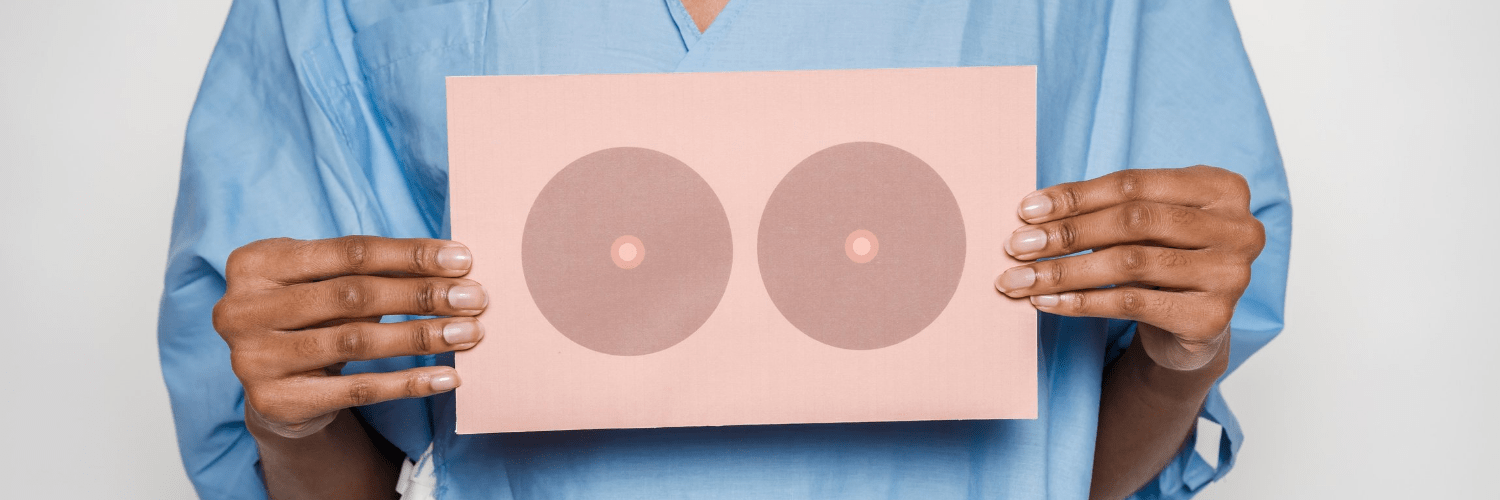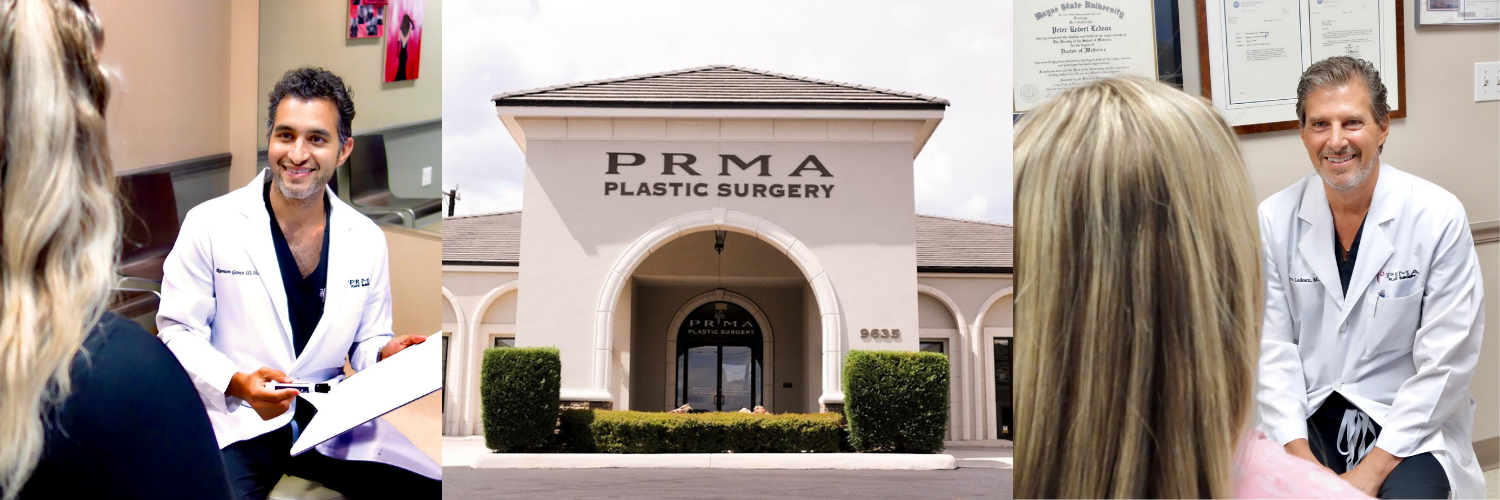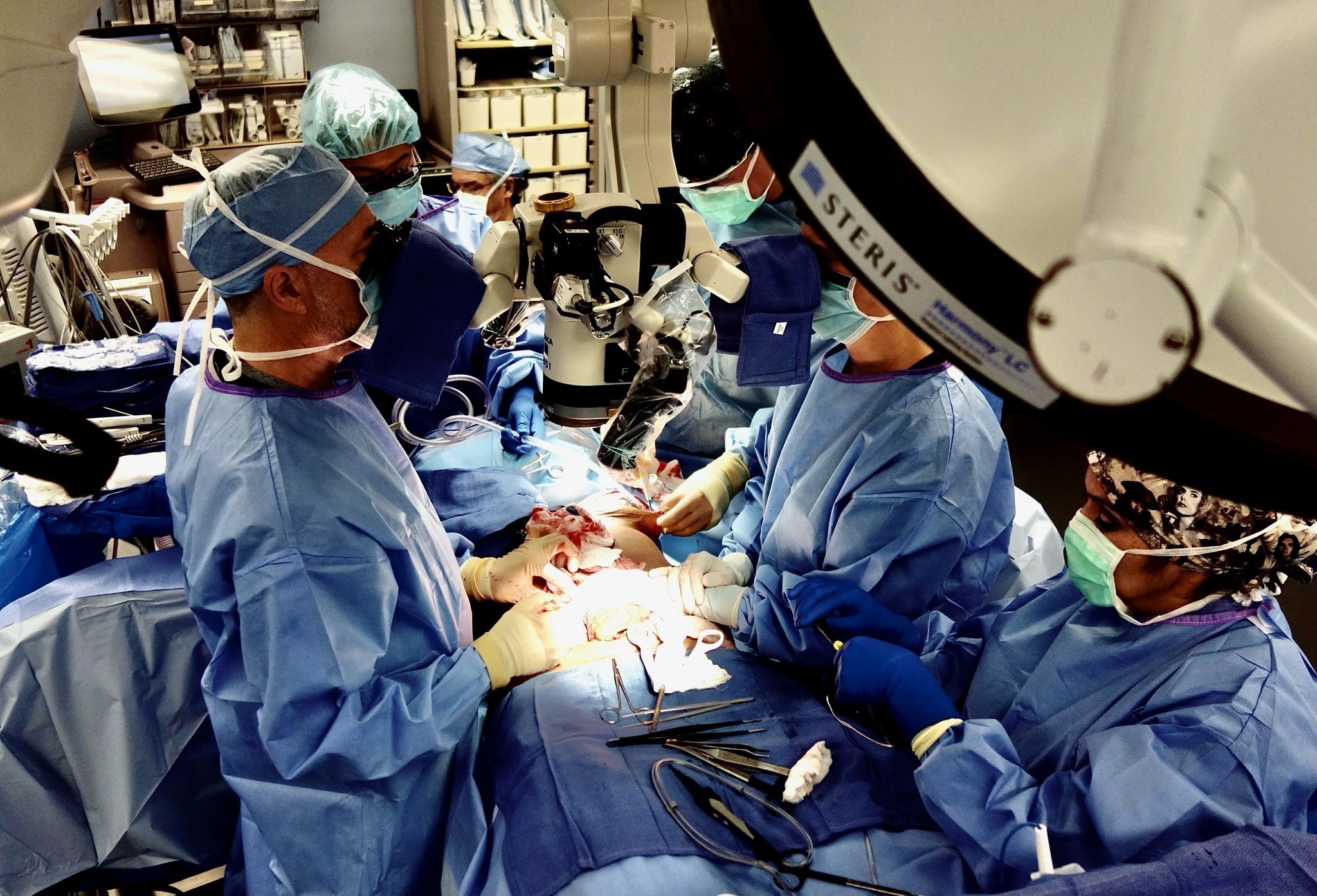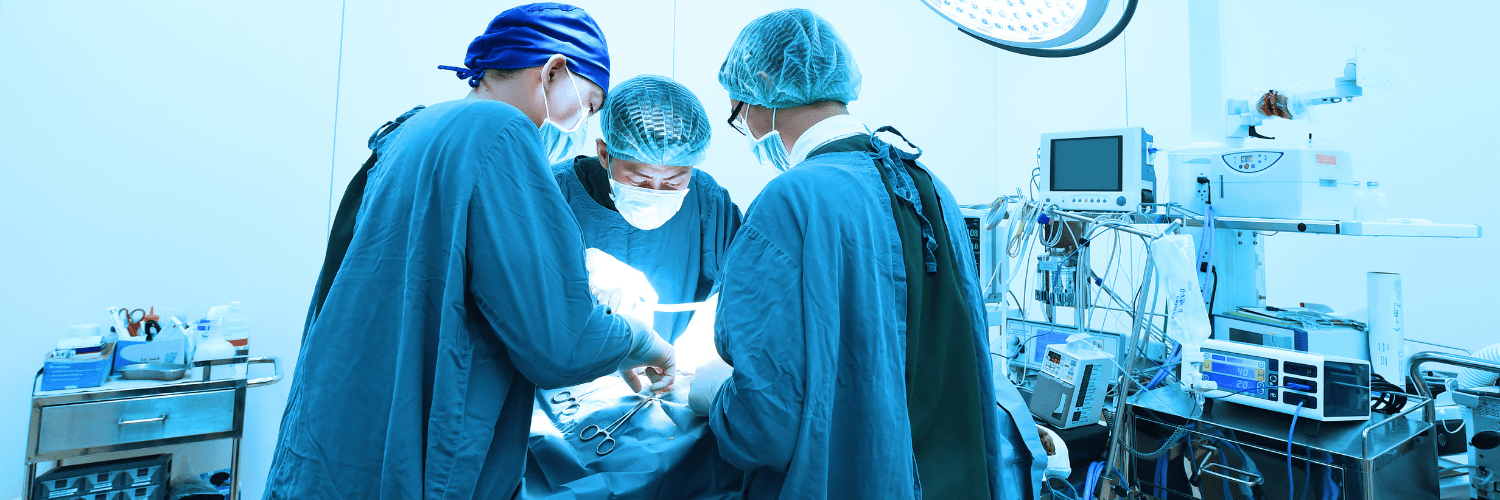When preparing for DIEP flap breast reconstruction, many women wonder if they should lose weight. This is an excellent question! While there is no textbook answer, there are some general recommendations we share with patients.
Is weight loss necessary before DIEP surgery?
Being close to your ideal weight prior to surgery is always recommended. Weight loss is not a requirement in most cases though. As long as patients are at a safe weight and have enough abdominal tissue to reconstruct a new breast, patients should be good to go for surgery. We always recommend patients follow a healthy diet prior to surgery. Eating foods rich in protein can help prepare the body for healing after surgery.
Are there certain BMI requirements for surgery?
At PRMA, we do recommend patients have a BMI of below 35-40 prior to surgery. This is only because we care about our patients and their recovery. Studies have shown that DIEP flap surgery is safe for patients with a BMI over 35. However, complications and wound healing risk can greatly increase as the BMI calculations rise over 35. For patients whose BMI is above 35, we recommend losing weight prior to surgery.
What happens if you lose weight after surgery?
If your weight goals change after surgery and you lose weight, no worries! Your newly reconstructed breasts will react to your weight loss changes similarly to how your natural breasts would have. If you lose weight after DIEP surgery, your reconstructed breasts will likely decrease in size as well. This change may be minimally noticeable or drastic, depending on how your body reacts to weight loss. If your breast size decreases too much, additional surgery (like fat grafting) can be performed to help you achieve your desired breast size after weight loss.
If you have questions or concerns about weight loss before or after DIEP flap surgery, please call us at 800-692-5565 or complete our free virtual consultation form HERE.
It is a great honor to be part of a team with such a rich tradition of excellent patient care, shares Dr. Andrew Gassman, the newest surgeon to join the PRMA team. Years and years of procedure fine tuning with individualized care means our patients truly benefit from both efficiency and experience.
Leave Comment
Sign Up for Our Monthly Newsletter
Continue Reading

What Everyone Should Know About Breast Cancer
What Everyone Should Know About Breast Cancer October 19, 2021 Share on Facebook Twitter Linkedin Breast cancer affects many women in the United States and around the world. For every 8 women in the United States, 1 will be diagnosed with breast cancer during her lifetime. Women, and men, also have an increased risk of […]

What October Means To Me
What October Means To Me October 07, 2021 Share on Facebook Twitter Linkedin Breast Cancer Awareness Month is celebrated around the country every October. The occasion brings attention to breast cancer, but many people affected have mixed feelings about it. There’s no doubt this awareness campaign means different things to different people. For some, it’s […]

Top 3 Reasons Patients Delay Breast Reconstruction
Top 3 Reasons Patients Delay Breast Reconstruction September 27, 2021 Share on Facebook Twitter Linkedin When considering breast reconstruction after breast cancer surgery, patients have two timing options. Immediate or delayed. Immediate breast reconstruction is performed at the same time as the mastectomy. There are many benefits to immediate reconstruction. These include shorter recovery and […]

Should I Lose Weight Before DIEP Flap Breast Reconstruction?
Should I Lose Weight Before DIEP Flap Breast Reconstruction? September 16, 2021 Share on Facebook Twitter Linkedin When preparing for DIEP flap breast reconstruction, many women wonder if they should lose weight. This is an excellent question! While there is no textbook answer, there are some general recommendations we share with patients. Is weight loss […]

How Long Does It Take For The Swelling To Go Down After Breast Reconstruction Surgery?
How Long Does It Take For The Swelling To Go Down After Breast Reconstruction Surgery? September 09, 2021 Share on Facebook Twitter Linkedin Following breast reconstruction surgery, the body will naturally swell as part of the healing process. Although swelling can sometimes be uncomfortable, it is an important part of the body’s natural recovery. What […]

DIEP Flap Reconstruction: Exploring the Science Behind the Surgery
DIEP Flap Reconstruction: Exploring the Science Behind the Surgery August 10, 2021 Share on Facebook Twitter Linkedin The DIEP flap procedure is the most advanced type of breast reconstruction and is considered the gold standard at PRMA Plastic Surgery. Studies have shown the procedure provides women a good long-term quality of life, which is the […]

Why Patients Choose PRMA Plastic Surgery
Why Patients Choose PRMA Plastic Surgery July 29, 2021 Share on Facebook Twitter Linkedin At PRMA our passion and sole focus is rebuilding lives after breast cancer. Our surgeons have over 100 years of combined microsurgical experience. Our expertise is just one of the reasons PRMA is a world leader in breast reconstruction. Since opening […]

Patient Shares Her Recovery Experience After DIEP Flap Breast Reconstruction Surgery
Patient Shares Her Recovery Experience After DIEP Flap Breast Reconstruction Surgery July 29, 2021 Share on Facebook Twitter Linkedin It is a common misconception that patients have a long and difficult recovery after breast reconstruction surgery. At PRMA Plastic Surgery, patient comfort is one of our top priorities. Thanks to PRMA’s new Enhanced Recovery After […]

Latissimus Flap Breast Reconstruction: What to Expect
Latissimus Flap Breast Reconstruction: What to Expect July 22, 2021 Share on Facebook Twitter Linkedin After a Mastectomy many women choose to undergo breast reconstruction. Breast reconstruction methods can range from implants to using the patient’s tissue (referred to as a “flap”) to recreate the affected breast. There are many different types of flap procedures […]

Recover Faster With PRMA’s Enhanced Recovery After Surgery Protocol
Recover Faster With PRMA’s Enhanced Recovery After Surgery Protocol July 19, 2021 Share on Facebook Twitter Linkedin Each surgery has a different recovery period; some can be a matter of hours, while some may take weeks. People tend to think that what they do during the time after surgery will dictate how quickly they recover, […]

No Comments